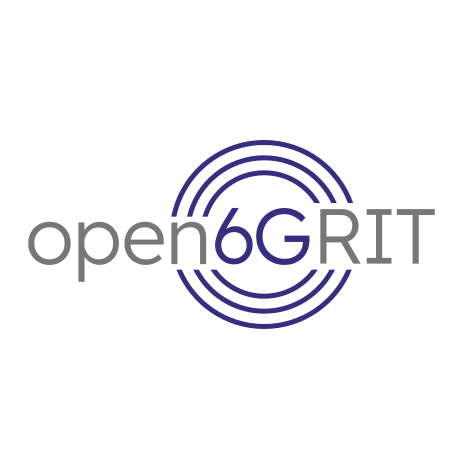About this Workshop
This workshop unites two previous workshop initiatives into one new IEEE GLOBECOM workshop series. In principle it extends the successful previous GLOBECOM 2023 Workshop on FutureG Experimental Test Platforms for Advanced Systems Implementation and Research supported by PAWR and SLICES RI initiatives with the new Open Research Infrastructures and Toolkits – OpenRIT6G initiative, which was sparked by its opening workshop in Cape Town in March 19-20, 2024, supported by the German 6G Platform, Open6GHub, PAWR, SLICES RI and the IEEE Future Networks initiative.
Keywords: 5G, 6G, APIs, AI, CD/CI/CT, Cloud-native, Education, Experimentation, Interoperability, Network Automation, ML, NTN, Management, NextG, Openness, OpenRAN, Open data, Open Source, Private Networks, Research, Reproducibility, Softwarization, Sustainability, Testbeds, Toolkits, Virtualization
